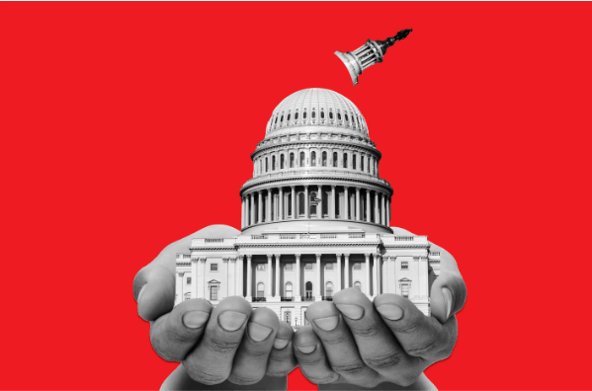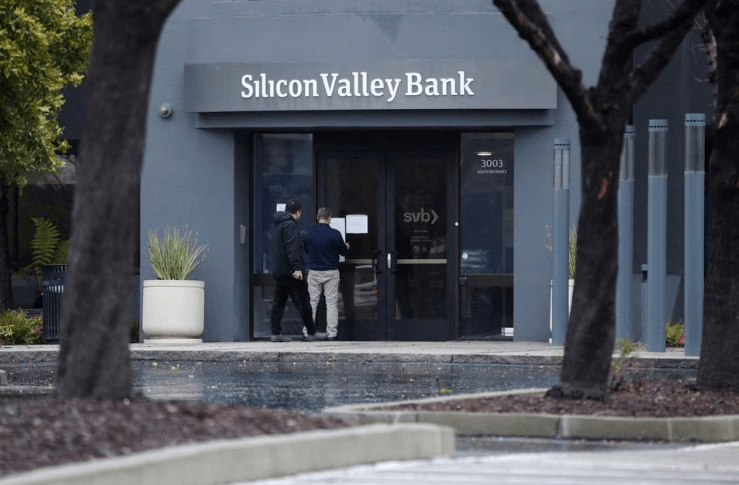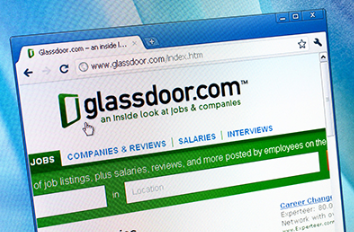Philanthropists Plotting Public Plunder
In 1916, part of the federal tax code included an “oil depletion allowance” which “in American (US) tax law is an allowance claimable by anyone with an economic interest in a mineral deposit or standing timber. The principle is that the asset is a capital investment that is a wasting asset, and therefore depreciation can reasonably be offset (effectively as a capital loss) against income.” This is, in simpler terms, the ability to write off profits (in other words, they are not considered taxable income) because the asset that is generating you money (also called revenue) but is, as an asset, growing smaller and smaller.
Since your oil well will eventually run dry, you can deduct a certain amount of income that it generates, because your oil well won’t last forever. Big Oil takes and is allowed to keep 23% of their profits, as they are not taxable under the Depletion Allowance Tax law. Wouldn’t you love to keep the top 23% of your income as non-taxable? According to Mother Jones magazine, Big Oil and the petrochemical industry have shielded $470 billion from being taxed since 2014 using this tax deduction. Nice work if you can get it.
Keep Reading






















